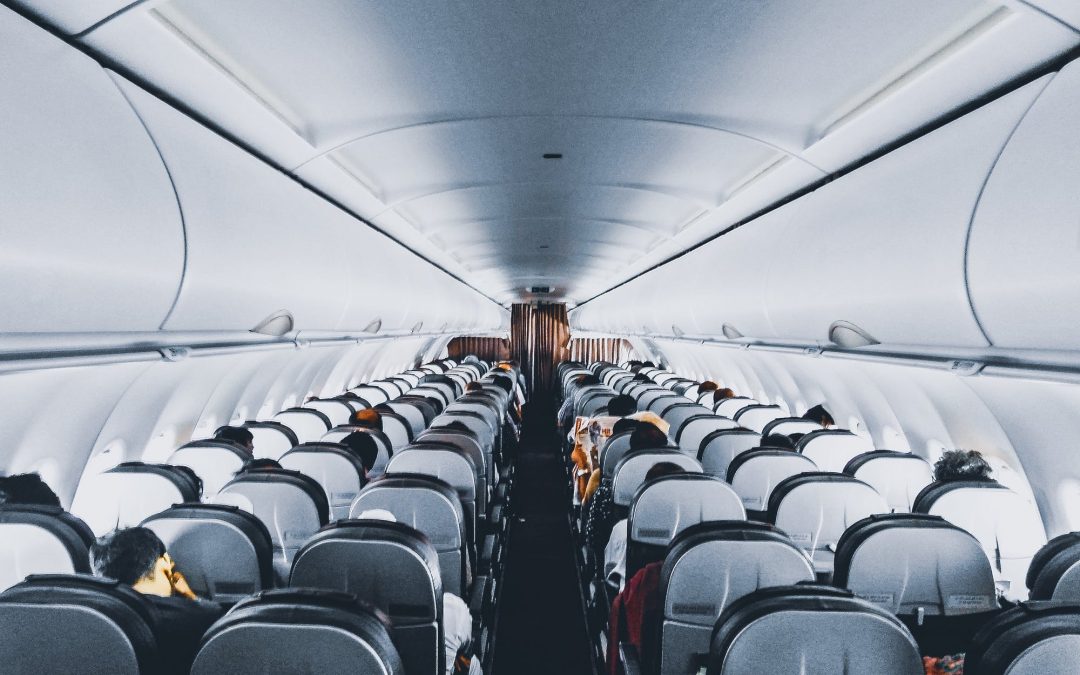Traveling the world is a part of many people’s lives with the goal of experiencing new cultures and seeing some of the most iconic landmarks around the globe. Flying, however, is typically the least enjoyable part for most. Aside from the tediousness of navigating your way through airport security and waiting for flight times, the actual flight itself can pose a number of public health concerns that often fall by the wayside.
While in-flight safety and technology has come a remarkably long way since the first commercial airplane, traveling at extreme heights is always challenging to the human body. At heights of over 30,000 feet, oxygen is much more scarce within a plane’s cabin, putting an added stress on the system trying to transfer oxygen to the bloodstream. To combat this, it is suggested to take long, easy, deep breaths as consistently as possible. Though this can help, it is highly recommended that frequent air travelers consider the following in-flight strategies in order to maintain their overall health.
Get Up and Move
It is not uncommon for passengers to go the entire duration of their flights without standing. Depending on how long that flight may be, this can be extremely detrimental to the body. Staying seated for long periods of time can cause blood clots in the legs, or deep vein thrombosis, or DVT. These complications can even lead to dehydrations due to the lack of blood reaching your upper body.
If getting up and walking about the cabin is easier said than done, performing simple leg stretches in your seat is a great way to contract the muscles and promote blood flow. These can be anything from deep knee bends, to contracting the calf muscles, to tapping your feet (so long as you aren’t disturbing your fellow passengers).
Limit Your Food Intake
It may seem counterintuitive, but keeping food portion sizes to a bare minimum can help in preserving your health while traveling through the air. According to Pratima Raichur of Pratima Ayurvedic Skin Care, passing on colder foods and drinks can help decrease levels of “Vata,” a dry Ayurvedic constitution that increases in colder settings. Eating warm foods and drinking hot tea or coffee is easier on your digestive system at such heights.
Remain Hygienic
Being on an open plane with possibly hundreds of other people makes for a breeding ground of germs and airborne diseases. Be sure to pack simple hygienic carry ons such as liquid hand sanitizers (under 100ml in volume), tissues, and extra napkins, for example. Another strategy is avoiding sugary drinks, as this can promote the production of phlegm in the back of the throat, leading to coughing and sinus complications.

